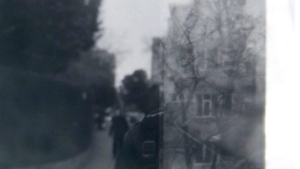Currently sharpening his artistically charged self-hosting skills as a sysadmin at servus.at, Onur Olgaç pursued his BSc. in Computer Science with an extensive involvement in Visual Communication Design. He started to focus on human perception and decision making processes in interaction design and the politics surrounding technology within artistic contexts as part of his MA degree, while actively fighting against digital oppression and for his right to privacy.
Contributors 2022
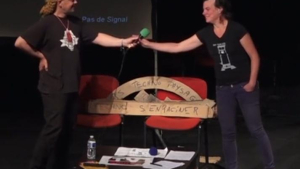
Petites Singularités is a non-profit association established in Brussels.
The association aims to bring a different outlook on transindividual aesthetics with regard to local collectives and their digital practices.
Petites Singularités holds aesthetical projects under various free forms adapted to their expression and their public dissemination. Literary, poetic, artistic, software, philosophical, lively research-action, Petites Singularités edit, publish, produce, hybridize, support, invite, travel.
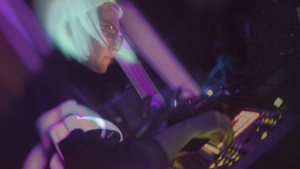
Polina Khatsenka is an audiovisual artist, sound designer and sonic curator from Minsk, Belarus, based in Usti nad Labem, Czech republic. She is devoting her work to various aspects of sound with a focus on audio performance, site-specific installations and composing.
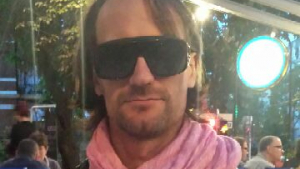
Raphael Perret is a Zurich based artist, exploring the interplay between physical and virtual spaces, the closing of circles, as well as the examination of value systems. Since 2012, he has worked on the informal-illegal recycling of e-waste in India and is researching from a socially engaged, artistic perspective the aesthetic of decaying technology as well as the circumstances of the workers in India.
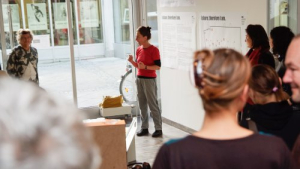
She focuses on art in technological contexts and looks into relations between art, technology and society. Since a long time she has been working with sound as her main artistic tool, but with the same sort of interest she will go for a walk or found a new network of people to deepen her connection with her surrounding.
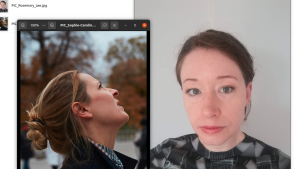
Rosemary Lee and Sophie-Carolin Wagner work across media theory, digital art, and social economics. Based in Porto, Portugal, Lee focuses on how historical narratives shape current perspectives on visual technologies. Wagner’s work addresses intersectoral and interdisciplinary issues of technology. She is the co-founder of Research Institute for Art and Technology (RIAT), was the co-editor of the Journal for Research Cultures and works and lives in Vienna. In their collaboration, Lee and Wagner seek to bring together diverse forms of knowledge across several fields.
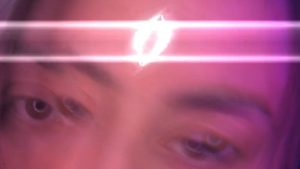
S( )fia Braga is a transdisciplinary artist and cyberstalker. She develops her artistic research between Digital and Post-Digital practices, focusing especially on the social impact of web interfaces and the subversion of centralised social media platforms, dealing with topic such as Interveillance and the rediscovery of the potential of the bodies through the use of new technologies.
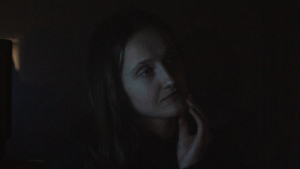
Golubjevaite (she/her) is a text±sound artist and a creative coder based in the Netherlands. Live digital/audiovisual performances, installations and DIY interfaces lie at the core of her practice. Through her work she seeks to create a bridge between language, autobiography and coding practices. She codes her own language-based tools in order to produce experimental visuals and sound and refuses the commodified masculine-imposed approaches to software development.
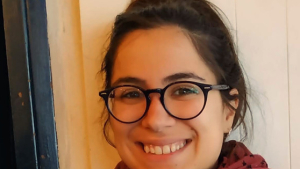
Sofia Kypraiou is a data scientist and the Programme Associate and developer of the <AI & Equality Toolbox> an initiative of the Swiss NGO Women at the Table, developed in collaboration with EPFL (École polytechnique fédérale de Lausanne) and the Office of the High Commissioner for Human Rights (OHCHR) in Geneva.
She recently completed my Master's degree in Data Science at EPFL, having done her thesis on this very topic. Her research interests focus on fairness, human rights and their applications.


